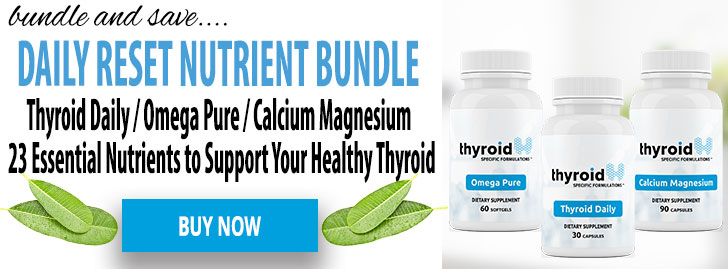Nitrates and Nitrites
All this talk about beets for thyroid patients brings us to a larger topic of discussion for today: nitrates and nitrites.
They may sound similar, and while they are often confused with one another, there is a lot of data suggesting that high amounts of nitrites can correlate with certain risks.
Here’s where you can find nitrates:
- Vegetables
- Lettuce
- Spinach
- Cabbage
- Beet Root (the taproot portion of the beet plant)
- Rocket
- Radish
- Drinking Water
On the other hand, you can find nitrites in:
- Processed Meats
- Animal Food Products
Nitrates are Not Nitrites
While some out there may assume that nitrates are bad, the list above is anything but. When considering what is good for the thyroid, beetroot, carrot, and other vegetables are not our enemies due to nitrates, which are different from nitrites.
Dietary nitrates may have special benefits when it comes to things like:
- Antioxidants
- Nitrosamine Formation
- Blood Circulation
- Vascular Health
- Blood Pressure
- Athletic Performance
Are Nitrates Active in Beets?
I’m often asked if nitrates are an active ingredient in beets. So, is that true?
Well, no, beets are the active ingredient in beets! For thyroid patients and most other people, beets present no undue threat.
In cases like these, I believe that it only creates confusion when one tries to equate the effects of whole foods to one constituent.
The same goes for food like bacon. Just like beets, bacon is the active ingredient in bacon, and not much else. That goes for saturated fat, salt, or nitrites – it’s just bacon.
Most epidemiologic studies that I have seen are clear. Somewhere under 20-30 grams of bacon daily is harmless for most risks. Going above that, though, does raise the risk of stomach and esophageal cancer.
While it may not present the health risk it has been accused of, cutting down on bacon and substituting beets and carrots is good for thyroid patients and anyone else wanting to reduce cholesterol and support their overall health.












